Uganda is currently hosting approximately 1.8 million refugees and asylum-seekers, making it one of the largest refugee-hosting nations in the world. The majority of these refugees come from neighboring countries, particularly¹ ² ³:
- South Sudan: 57.3% of refugees in Uganda are from South Sudan, fleeing ongoing conflict and violence.
- Democratic Republic of the Congo: 31.8% of refugees in Uganda are from the DRC, escaping persistent violence and fighting in their home country.
- Other countries: Refugees in Uganda also come from Somalia, Burundi, Eritrea, Rwanda, Ethiopia, and Sudan.
The Ugandan government has maintained an open-door policy, providing refugees with relative freedom and rights, including:
- Freedom of movement: Refugees are allowed to move freely and seek employment.
- Access to education and healthcare: Refugees have access to education and healthcare services, although these services are often strained due to funding cuts.
Refugees in Uganda face significant challenges, including⁴:
- Food shortages: Funding cuts have led to severe reductions in food rations, making it difficult for refugees to feed themselves.
- Overcrowding: Refugee settlements are often overcrowded, leading to increased pressure on resources and services.
- Limited access to basic services: Refugees often face challenges accessing basic services like healthcare, education, and sanitation.
The international community, including organizations like UNHCR and the European Union, are working to support refugees in Uganda through various initiatives, including⁵:
- Humanitarian aid: Providing life-saving assistance, such as food, shelter, and healthcare.
- Development programs: Supporting self-reliance and resilience among refugees and host communities.
- Education and healthcare services: Improving access to quality education and healthcare for refugees and host communities.
